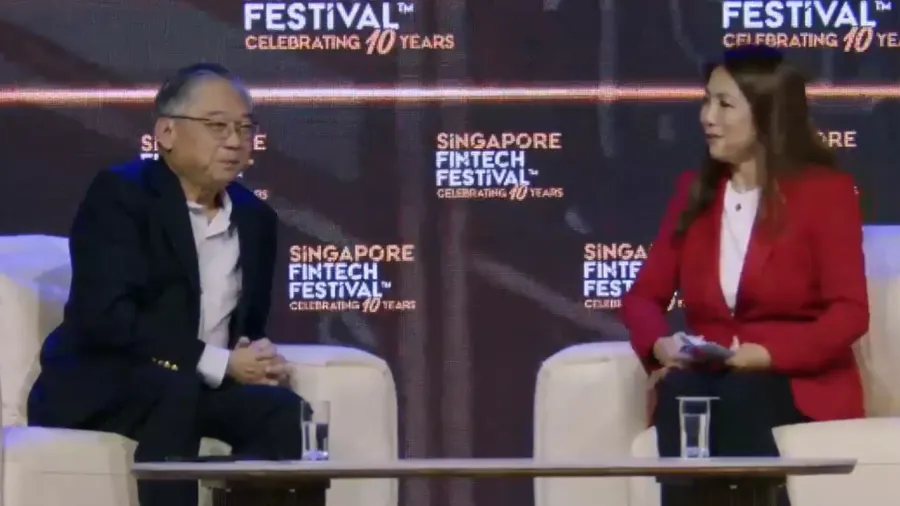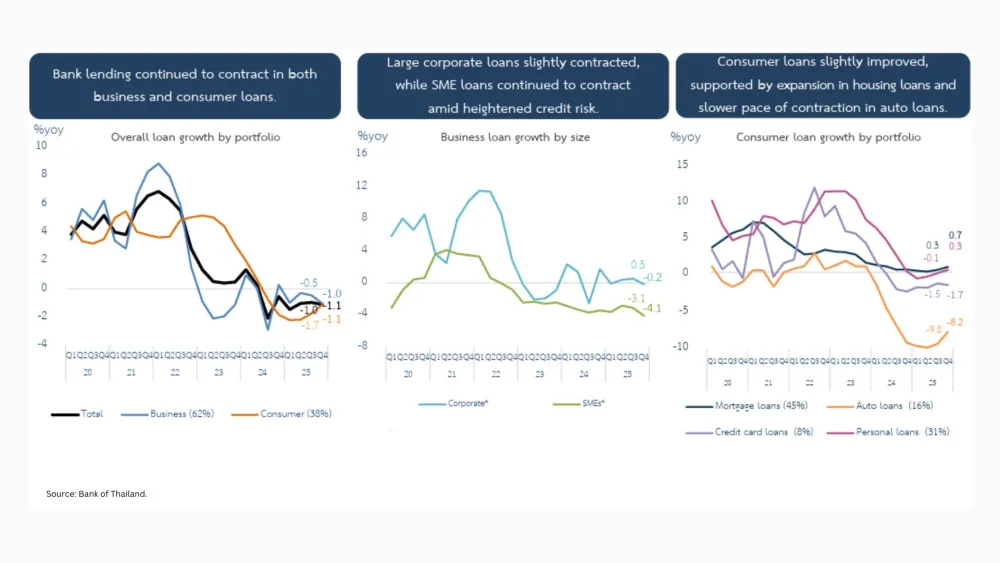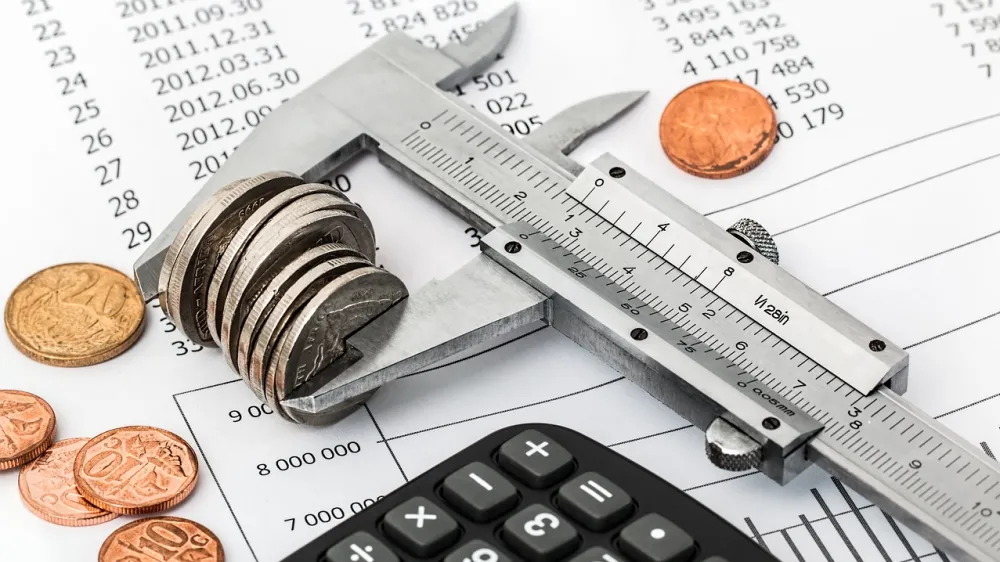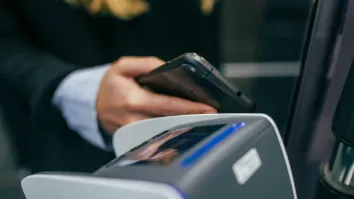
Singapore pursues digital economy ties with ASEAN and global blocs: DPM
DPM Gan also said Singapore is focusing especially on financial services to stay globally relevant.
Deputy Prime Minister and Minister for Trade and Industry Gan Kim Yong said Singapore is exploring cooperation between ASEAN and major blocs such as the EU, Comprehensive and Progressive Agreement for Trans-Pacific Partnership (CPTPP), and Gulf Cooperation Council (GCC), including a possible digital economy agreement between the EU and ASEAN.
“One area of potential collaboration is the digital economy. Singapore and the EU have signed a Digital Economy Agreement, and ASEAN is negotiating a Digital Economy Framework Agreement,” Gan told the audience during his fireside chat at the Singapore FinTech Festival 2025, held on the Festival Stage on 12 November.
“A future ASEAN-EU digital economy agreement could be a major breakthrough, though it will take time,” he added.
During the fireside chat, moderated by DBS Bank CEO Tan Su Shan, Gan outlined the country’s approach to trade, digital transformation, and workforce development.
“To say that it’s a changed world is really an understatement,” Gan said. “Many things have changed, and it is still changing… My suggestion is that we need to watch, but we cannot wait.”
Below is a snippet of the conversation:
Gan: Many things have shifted and continue to do so. In the past weeks, we’ve seen several trade deals concluded between ASEAN countries and others, including ongoing discussions involving the US and China. More will come in the months ahead.
We must continue to watch developments and make our assessments, but we cannot simply wait. We need to chart our own path forward. Singapore is focusing on several key priorities.
First, we are strengthening integration with like-minded economies, particularly ASEAN, and deepening—not just expanding—cooperation. For example, we recently completed negotiations for an upgraded ASEAN Trade in Goods Agreement. This signals our commitment to further integration rather than succumb to protectionist pressures.
We’ve also upgraded our free trade agreement with China and continue to pursue new partnerships. For instance, we recently announced the Future of Investment and Trade (FIT) Partnership among small and medium, trade-dependent countries. The aim is to strengthen supply chain resilience and facilitate investment.
At the same time, we continue supporting multilateral, rules-based trade systems. We’re discussing with partners how to reform the WTO, which remains a critical foundation for global trade even though its architecture needs transformation.
ASEAN is also engaging with economic blocs such as the GCC, CPTPP, and the EU to build bridges across regions.
One area of potential collaboration is the digital economy. Singapore and the EU have signed a Digital Economy Agreement, and ASEAN is negotiating a Digital Economy Framework Agreement. A future ASEAN-EU digital economy agreement could be a major breakthrough, though it will take time.
Tan: I guess now is the right time to take things deeper. I was in New York on Liberation Day, April 2, and remember seeing the markets in chaos—everything was red. Then I saw a Singapore ad that said: “In the midst of volatility, there’s transparency and consistency.”
That made me proud as a Singaporean. But given how everything—from trade to technology, shipping, the US dollar, and payments—is being weaponised, how do we stay relevant when supply chains and demand markets are shifting so quickly?
Gan: We often say that Singapore’s small size is a constraint—small economy, limited workforce, scarce land. But being small can also be a strength. We can move quickly, make focused decisions, and adapt faster than larger nations.
From the beginning, Singapore adopted deliberate industrial strategies. Initially, our priority was job creation—any investment that created employment was welcome. In the 1980s, we shifted toward higher-value manufacturing and skill upgrading.
Today, we are focusing on services—especially financial services—while continuing to invest in manufacturing and talent development.
We invest heavily in our people through continuous training. Programmes like SkillsFuture allow Singaporeans to reskill mid-career.
We also invest in infrastructure—Terminal 5 at Changi Airport, new port facilities—to maintain our hub status in trade, logistics, and business.
Another key advantage is trust. The rule of law and our reputation for reliability make Singapore a trusted partner. Even during COVID-19, we kept our ports open and honoured our commitments. In a world of uncertainty, trust and stability are premium assets—and Singapore has both.



















 Advertise
Advertise











